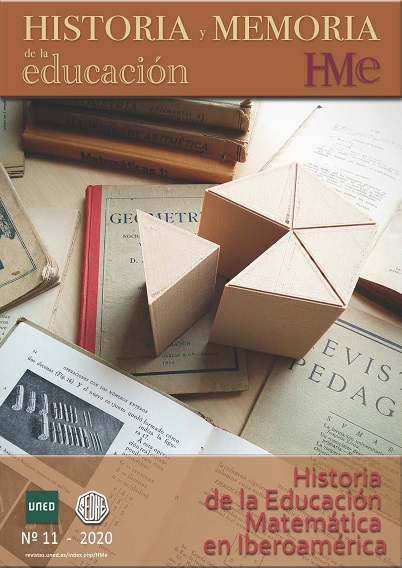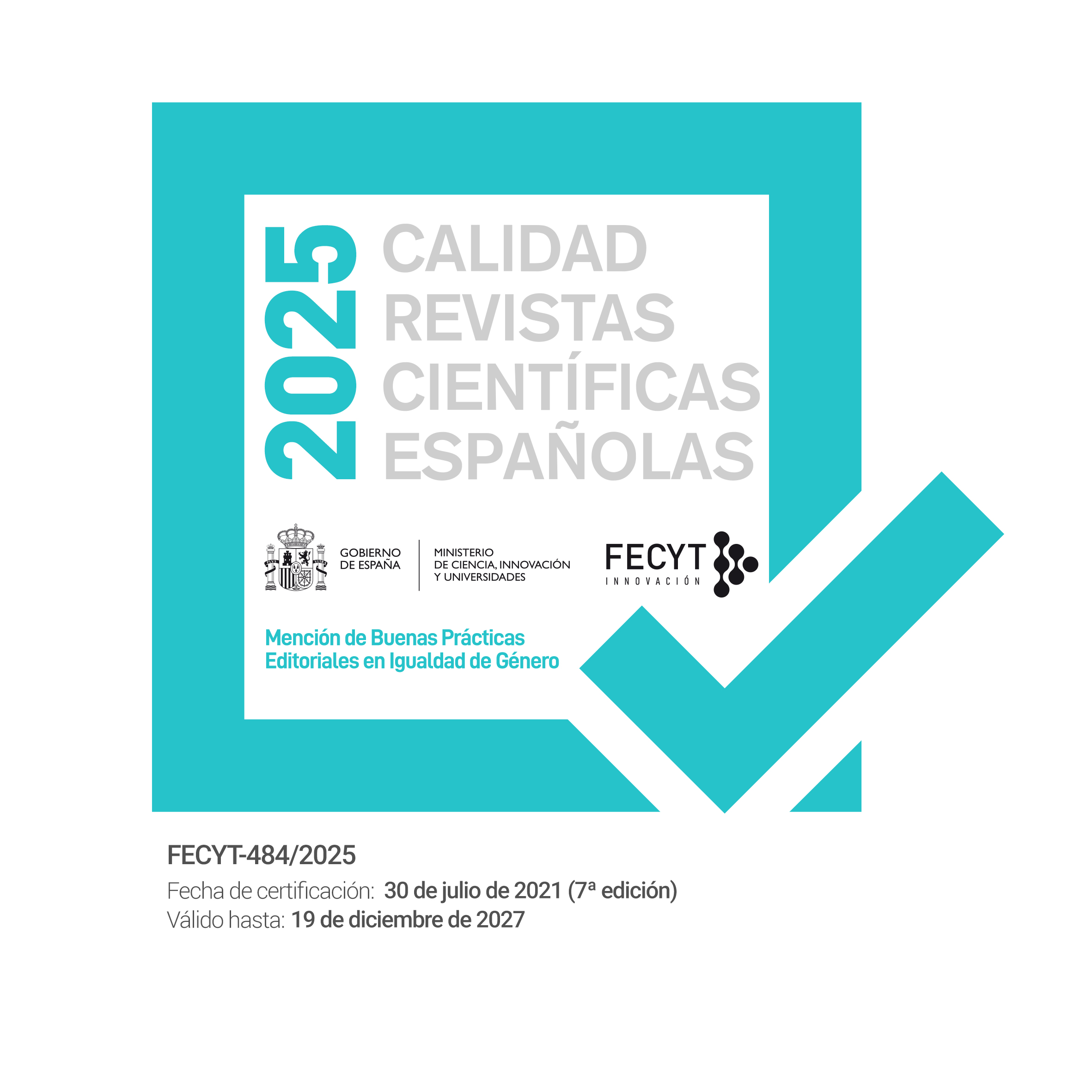The GHEMAT Brasil and the collective research in history of mathematics education
DOI:
https://doi.org/10.5944/hme.11.2020.24266Keywords:
GHEMAT, History of mathematics education, Repository, Digital HumanitiesAbstract
This paper describes and discusses the research activities of one of the Brazilian groups that has been carrying out studies on the history of mathematics education. First, we describe the singularities of the constitution of this area of study in Brazil, along with the different aspects of
the field of Mathematical Education. We then focus on the creation of a network of researchers that brings together specialists from more than twenty universities in Brazil, present in different parts of the country. Currently, GHEMAT Brasil is an association of researchers with a legal
identity, developing collective research projects involving practically the whole of Brazil. The Group's research motto could be summarized as: learning from historians to produce history, paying attention to the knowledge accumulated by the History of Education, using mathematical
formation and mathematics teaching practices as references. In the description of GHEMAT Brasil's activities, we present a brief history of the Group, its thematic choices and its theoretical and methodological affiliations. In the problematization of the work carried out by the Group at present, we identify the challenges facing collective research in the history of mathematics education, for which , we use a multitude of digital documents contained in the repository, the Group's database. In conclusion, we argue that GHEMAT Brazil studies should be included in the so-called Digital Humanities.
Downloads
References
Burke, Peter. ¿Qué es la historia del conocimiento? Cómo la información dispersa se ha convertido en saber consolidado a lo largo de la historia. Argentina: Siglo Veintiuno Editores, 2017.
Café, Ligia, Miguel Ángel Márdero Arellano, Elza María Ferraz Barboza, Bianca Amaro de Melo y Eny Marcelino de Almeida Nunes. «Repositórios Institucionais: nova estratégia de publicação científica na rede». Anais. ENDOCOM, Belo Horizonte, MG 13 (set. 2003).
Clobridge, Abby. Building a Digital Repository Program with limited resources. Oxford: Chandos Publishing, 2010.
Costa, David A. e Wagner R. Valente (orgs.) Saberes matemáticos no curso primário: o que, como e por que ensinar?. São Paulo: LF Editora, 2014.
Mendes, Iran Abreu e Wagner R. Valente (orgs.). A Matemática dos manuais escolares: curso primário, 1890-1970. São Paulo: Editora Livraria da Física, 2017.
Ossenbach-Sauter, Gabriela. «Historia de las disciplinas y manualística escolar». En Educación, Historia y Sociedad – El legado historiográfico de Antonio Viñao, editado por Pedro Luis Moreno, 133-166. Valencia: Tirant Humanidades, 2018.
Pinto, Neuza B. e Wagner R. Valente (orgs.). Saberes elementares matemáticos em circulação no Brasil: dos documentos oficiais às revistas pedagógicas, 1890-1970. São Paulo: L F Editorial, 2016.
Viana, Cassandra L., Miguel Ángel Márdero Arellano e Milton Shintaku. «Repositórios institucionais em ciência e tecnologia: uma experiência de customização do DSpace». Instituto Brasileiro de Informação em Ciência e Tecnologia – IBITIC. Disponível em: http://bibliotecas-cruesp.usp.br/3sibd/docs/viana358.pdf.
Downloads
Published
How to Cite
Issue
Section
License
Authors who publish in Historia y Memoria de la Educación agree to the following terms:
- Authors retain copyright and grant the journal right of first publication with the work simultaneously licensed under a Creative Commons Attribution-NonCommercial 4.0 International that allows others to share the work with an acknowledgement of the work's authorship and initial publication in this journal.
- Authors are able to enter into separate, additional contractual arrangements for the non-exclusive distribution of the journal's published version of the work (e.g., post it to an institutional repository or publish it in a book), with an acknowledgement of its initial publication in this journal.
- Authors are permitted and encouraged to post their work online (e.g., in institutional repositories or on their website) prior to and during the submission process, as it can lead to productive exchanges, as well as earlier and greater citation of published work (See The Effect of Open Access).










